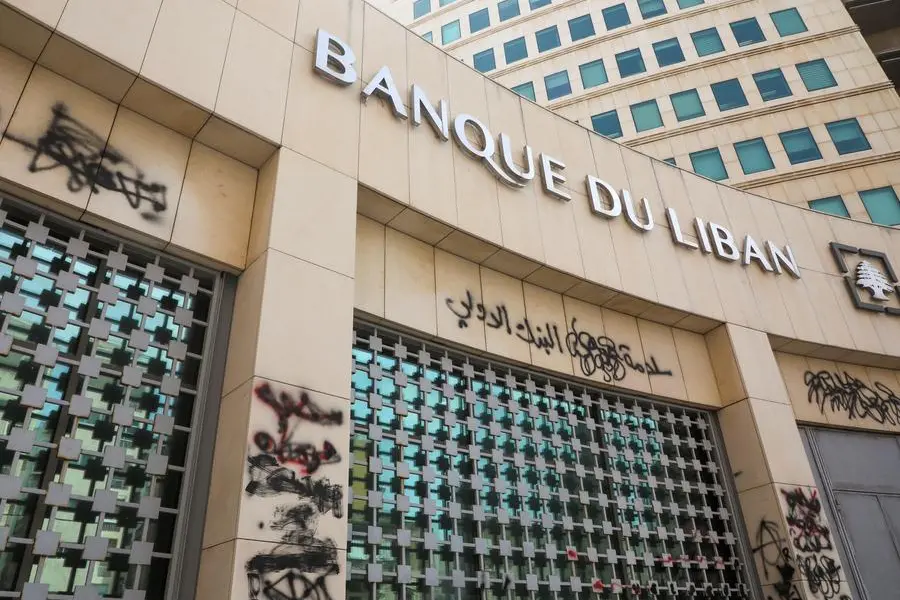PHOTO
Beirut - Lebanon’s central bank will decommission the controversial exchange platform known as Sayrafa after governor Riad Salameh’s 30-year tenure ends this month, one of the institution’s vice governors told Reuters on Monday.
Salim Chahine said the bank's leadership was talking with government and parliament policymakers, as well as the International Monetary Fund, about the need to move away from the platform given its lack of transparency and governance.
"It's about the way Sayrafa will be phased out," he said.
The exchange platform was set up in May 2021, 18 months into Lebanon's economic meltdown. It was widely recognised as a way for the central bank, also known as BdL, to stabilize the Lebanese pound, which nevertheless continued to decline.
Lebanese authorities and international institutions criticized Sayrafa for its lack of transparency, unsustainability and the opportunity it created for arbitrage, particularly as the gap grew between Sayrafa's and the parallel market.
Chahine said the platform would be replaced by an "exchange rate determination electronic platform" set up through international providers.
"We are in advanced discussion to select between Refinitiv or Bloomberg," he said.
"The Sayrafa exchange platform, BdL's primary monetary tool for stabilizing the LBP, is not only an unfavorable monetary tool, but has also morphed into a mechanism to generate arbitrage profits," the World Bank said in its spring 2023 economic monitor, saying buy-side Sayrafa participants may have made as much as $2.5 billion through arbitrage trades.
The World Bank described it as one of the "weak, and often counterproductive, policies implemented by the Lebanese authorities since the outbreak of the crisis."
Chahine said the bank's four vice governors had been against Sayrafa.
The risk of a volatile lira was high, he said. "We understand that stopping Sayrafa could impact negatively the Lira and weigh negatively on the living conditions of a large fraction of Lebanese people who are dependent on the Lira as their only method of payment."
Chahine had told Reuters this month that the four vice governors were considering quitting together if no successor for Salameh is named, raising the possibility of the central bank being left leaderless amid a deep financial crisis.
But he walked back that announcement on Monday, saying the threat had been intended to "alarm the political class and the people".
Lebanon's breakdown in governance and political tensions have hamstrung efforts to find a successor to Salameh, whose 30-year tenure has been stained by charges at home and abroad of embezzlement of public funds in Lebanon. He denies the charges.
The central bank leadership is appointed according to the sectarian power-sharing system that governs other top posts.
The governor must be a Maronite Catholic, while the four deputies - a Shi'ite Muslim, a Sunni Muslim, a Druze and an Armenian Catholic - must have the approval of the political chiefs representing their respective sects.
The economic meltdown has stripped the currency of about 98% of its value and debilitated the banking system, freezing most depositors out of their savings.
The International Monetary Fun says vested interests in Lebanon have hampered a financial reform programme that would have unlocked $3 billion from the global lender of last resort.
(Reporting by Maya Gebeily; Editing by Josie Kao)





















